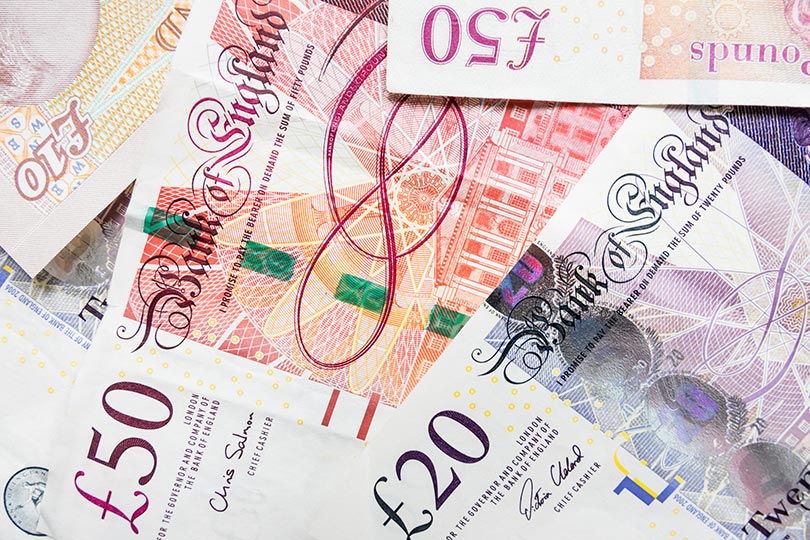How to raise funds for your travel business without going to the bank
Julia Weeks, associate in the corporate team at London law firm Goodman Derrick LLP, explains how travel businesses can raise funds without going to the bank
While securing a bank loan may still make sense for some travel companies, it can be an arduous process requiring a substantial track record.
Understandably, banks are careful to only lend to businesses that are in a strong position to repay debt, and with the travel sector still decimated by the pandemic, this may not be an option for many business owners.
Fortunately, there are other alternatives. Here are some to consider.
Equity Finance
This essentially means issuing more shares in your company and is one of the main alternatives to loans from banks. The money that new investors pay for shares does not have to be repaid by the company. New shareholders will instead expect a return on their investment by way of dividends and may hope that the company is ultimately listed or that a third party offers to buy its entire share capital.
New shareholder investors may ask for a new class of share to be created, giving them preferential rights to dividends. Depending on the size of their stake they often ask for a right to appoint a director. They may also expect you to enter into a shareholders’ agreement to set out which matters require their specific written consent.
There are frequently three stages of growing your business by way of equity finance. Early on you may be seeking a business angel who will take a small stake and contribute expertise. As part of your second significant round of funding you might seek investment from venture capitalists. If your company continues to grow and you begin to anticipate a stock exchange or AIM listing, you may seek further equity finance from a private equity firm. Their minimum investment will be around the £10 million mark.
Sometimes key suppliers or major customers may be interested in taking a stake in a growing new enterprise.
The disadvantage of this type of funding is that the initial founder finds that he or she holds a smaller and smaller proportion of the share capital. Some founders have unfortunately found themselves ousted from their own start-up.
Government Recovery Loan Scheme
The government has set up this scheme to help businesses of any size access loans and other kinds of finance so they can recover after the pandemic and the transition period. Up to £10 million is available per business. This scheme is currently anticipated to be available until 31 December 2021. You need to be able to show that your business would be viable if it were not for the pandemic and that it has been adversely affected by the pandemic.
For further details see: www.gov.uk/guidance/recovery-loan-scheme
Crowdfunding
Non-bank loan finance and equity finance can be raised through crowdfunding platforms. Loan-based crowdfunding is known as peer-to-peer lending.
The UK’s most popular crowdfunding sites include Crowdfunder, Crowdcube and Seedrs. These platforms give owners of small to medium businesses the ability to reach out directly to the public for funding.
The disadvantage of this route is that you will have a large number of unsophisticated investors who expect regular updates, creating an administrative burden on communications staff.
Merchant cash advance
Many travel businesses will receive payment from customers by way of credit card payment. Merchant cash advance finance allows companies to borrow against future revenue on a short-term basis. No interest is charged but repayment is usually due from six to nine months. Once a positive repayment history is established a company can apply for new funding.
Asset finance
Borrowing using the company’s assets as security. There are specialist asset finance businesses in the market.
Family lending
Family members are sometimes willing to make loans.
LEGAL NOTICE
The contents of this article are for general information purposes only. The information in this article does not consider the legal framework for each type of funding or constitute legal advice and should not be relied upon as such. Specific legal advice relating to your particular circumstances should always be sought separately before taking any action.















